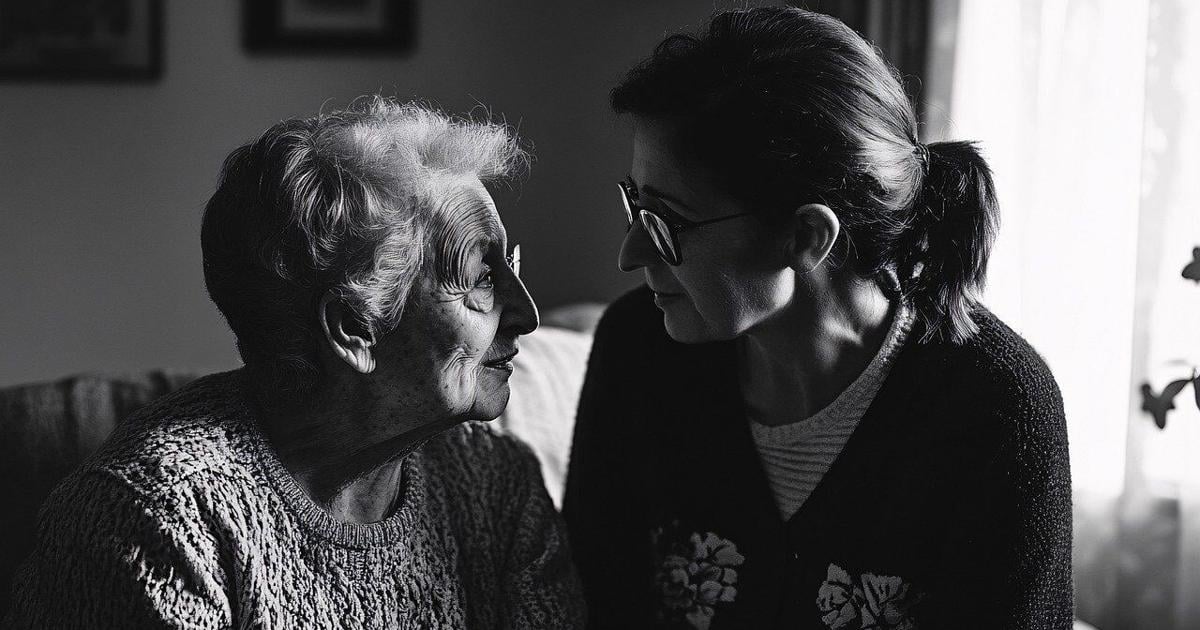Navigating the Complex World of Caring for Aging Loved Ones

As families grapple with the realities of aging, many are finding themselves unexpectedly thrust into the role of caregivers. The experience can be both rewarding and overwhelming, filled with new responsibilities and significant decisions that need to be made.
The Surprising Transition to Caregiving
When a loved one begins to exhibit signs of aging, whether it’s a decline in mobility, memory loss, or chronic health issues, family members often step in to help. This transition can catch many by surprise. Suddenly, roles shift, and what once was a close familial relationship is now layered with new responsibilities that require careful navigation.
Caregiving can include a variety of tasks—from managing medications and attending doctor’s appointments to handling daily activities like bathing and meal preparation. Each responsibility can weigh heavily on the caregiver, leading to emotional stress and physical exhaustion. Moreover, the more dependent the loved one becomes, the greater the number of decisions that must be made regarding their care, adding to the emotional burden.
Recognizing the Challenges
It’s essential to recognize that caregiving isn’t merely a series of tasks; it’s a complex emotional journey that can affect the caregiver’s quality of life. Many caregivers report feelings of anxiety and depression as they struggle to balance their own lives with the demands of caregiving. Not only do they face challenges at home, but they may also be working full-time jobs, raising children, or managing other responsibilities.
In fact, according to recent studies, about 41% of caregivers rate the emotional stress of caregiving as high or very high. Being a caregiver can sometimes feel like a full-time job, making it crucial for family members to communicate openly about their feelings, seek assistance, and set realistic expectations for what they can manage.
Seeking Help and Resources
As the responsibilities stack up, it’s crucial for family caregivers to seek support and leverage available resources. Many communities offer respite programs, which provide short-term relief for caregivers, allowing them a moment to recharge.
Additionally, there are numerous advocacy groups and online resources designed to offer guidance, education, and emotional support. For instance, organizations like the Family Caregiver Alliance provide a wealth of information, including how-to guides, support groups, and even legal and financial assistance related to aging care.
Exploring Professional Help
In some cases, family members may find that they cannot handle their loved one’s needs alone, especially as age-related health issues progress. At this juncture, it might be time to consider professional help. This can range from hiring a home health aide who can assist with daily living activities to exploring assisted living facilities that provide a supportive and safe environment for seniors.
The decision to seek professional help can be emotionally charged, often filled with feelings of guilt or fear about losing independence. However, recognizing that professional caregivers are trained to handle a variety of needs can ease some of these concerns. Additionally, these services can significantly enhance the quality of life for both the elderly person and their family members.
Maintaining Your Own Wellbeing
While caring for an aging loved one is a noble commitment, it’s equally important for caregivers to prioritize their own health and well-being. This might mean setting aside dedicated self-care time, whether it’s engaging in a hobby, taking a walk, or simply enjoying time with friends.
Moreover, open dialogue with loved ones about the caregiving experience is essential. This dialogue can provide insights into how to better share responsibilities, celebrate successes, and work through the challenges that inevitably arise.
Conclusion
Caring for an aging loved one is a profound journey filled with challenges and emotional highs and lows. As families navigate this path, it’s essential to remain informed, seek assistance, and take care of one’s well-being. By embracing the reality of aging while supporting one another, families can create a more manageable and compassionate caregiving experience, delivering not just care but love and dignity throughout the aging process.
As society moves forward, recognizing the invaluable role caregivers play will be critical, ensuring that they receive the recognition and resources they need to care for themselves and their loved ones effectively.
RELATED POSTS
View all



